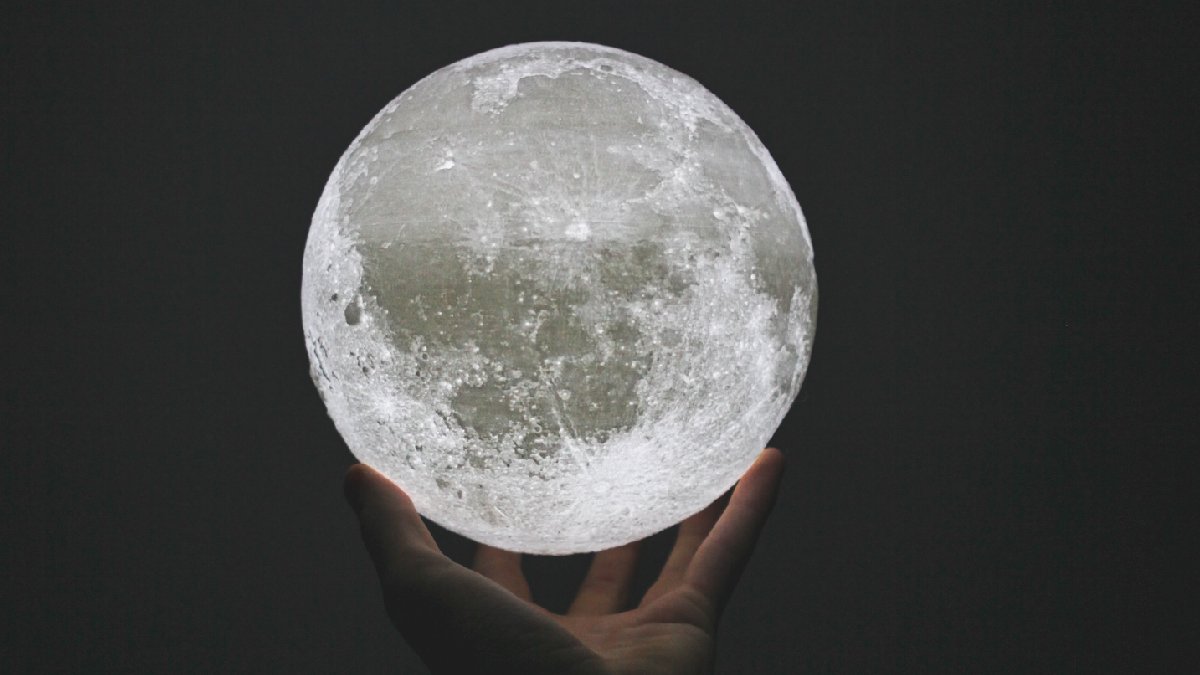
Have You Had A Mystical Experience?
New research investigates other-worldly psychological experiences.

By Mark Travers, Ph.D. | March 8, 2022
A new study published in the academic journal Psychology of Consciousness explores a fascinating yet remote research corner of psychological science — examining what it is like to have a "mystical experience." According to the researchers, having a mystical experience, such as feeling like you are part of a higher force and/or temporarily losing touch with time and space, can be a sign of healthy psychological functioning even though it is often thought to be associated with mental illness.
"Mystical experience is an interesting phenomenon that is evaluated in psychology in two ways," say Daiga Katrīna Bitēna and Kristīne Mārtinsone, psychologists at Rīga Stradiņš University in Latvia and the lead authors of the research. "Some authors point to its pathological nature while others point to its spiritual component."
To better understand this phenomenon, the researchers explored several hypotheses about the relationships between mystical experience, spiritual intelligence, schizotypal personality traits, and psychotic symptoms in a sample of 299 Latvian women.
The researchers evaluated the results based on the data collected using four self-report questionnaires: the Mysticism Scale, the Spiritual Intelligence Survey, the Latvian Clinical Personality Inventory, and demographic information.
The results showed that mystical experiences are more strongly connected with spiritual intelligence, which the authors view as a positive psychological quality, than with schizotypal personality traits and psychotic symptoms that characterize psychological pathology.
The authors note that there is still a possibility that mystical experiences could be related to schizotypal personality traits and psychotic symptoms.
"The most practical advice for a person who has experienced a mystical experience is, at least initially, to allow for both possibilities — that it may be part of spiritual development or that it may be a symptom of pathology," say the authors.
Mental health professionals, according to the authors, must carefully examine the symptoms of the person before coming to any conclusion.
"If we talk about the external manifestations of the mystical experience, then it should be noted that the mystical experience is in some way similar to psychosis, which is an episode related to an illness in which a person is confused about what is real and what is not," they explain. "Also, during the mystical experience, the person's sense of reality is changed. This is why the connection between mystical experience and psychotic symptoms is relevant."
However, the authors note that it is often the case that mystical experiences and transcendent states of consciousness are nothing more than a natural part of human spiritual growth — and that it is important that people understand this so they can make sense of their experience and integrate it into their everyday life.
"It is thought that this process of integration — which is greatly influenced by peer attitudes, social support, environment, culture, and aspects of personality — plays an important role in whether or not a mystical experience becomes a normal part of someone's psychological functioning," they say.
The authors also note that mystical experiences can increase the personality dimension known as 'openness to experience.' They also point out that significant life events can change adult personality dramatically and that people often call mystical experiences one of the most important events of their lives.
A full interview with Daiga Katrīna Bitēna and Kristīne Mārtinsone discussing their new research on mystical experiences can be found here: Making sense of mystical experiences
